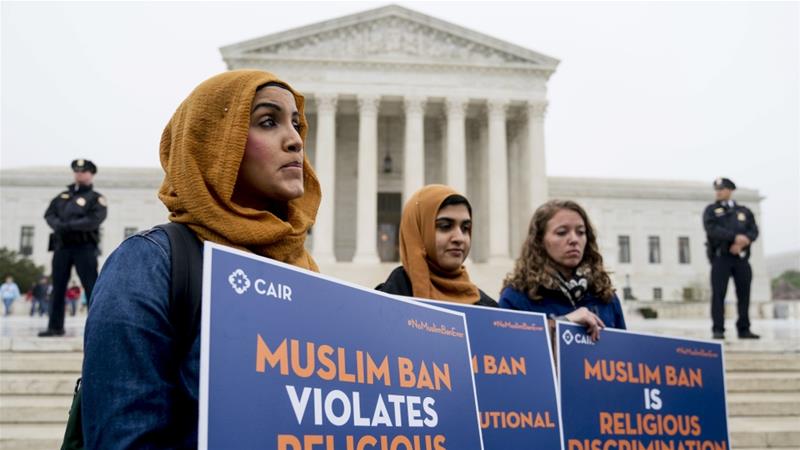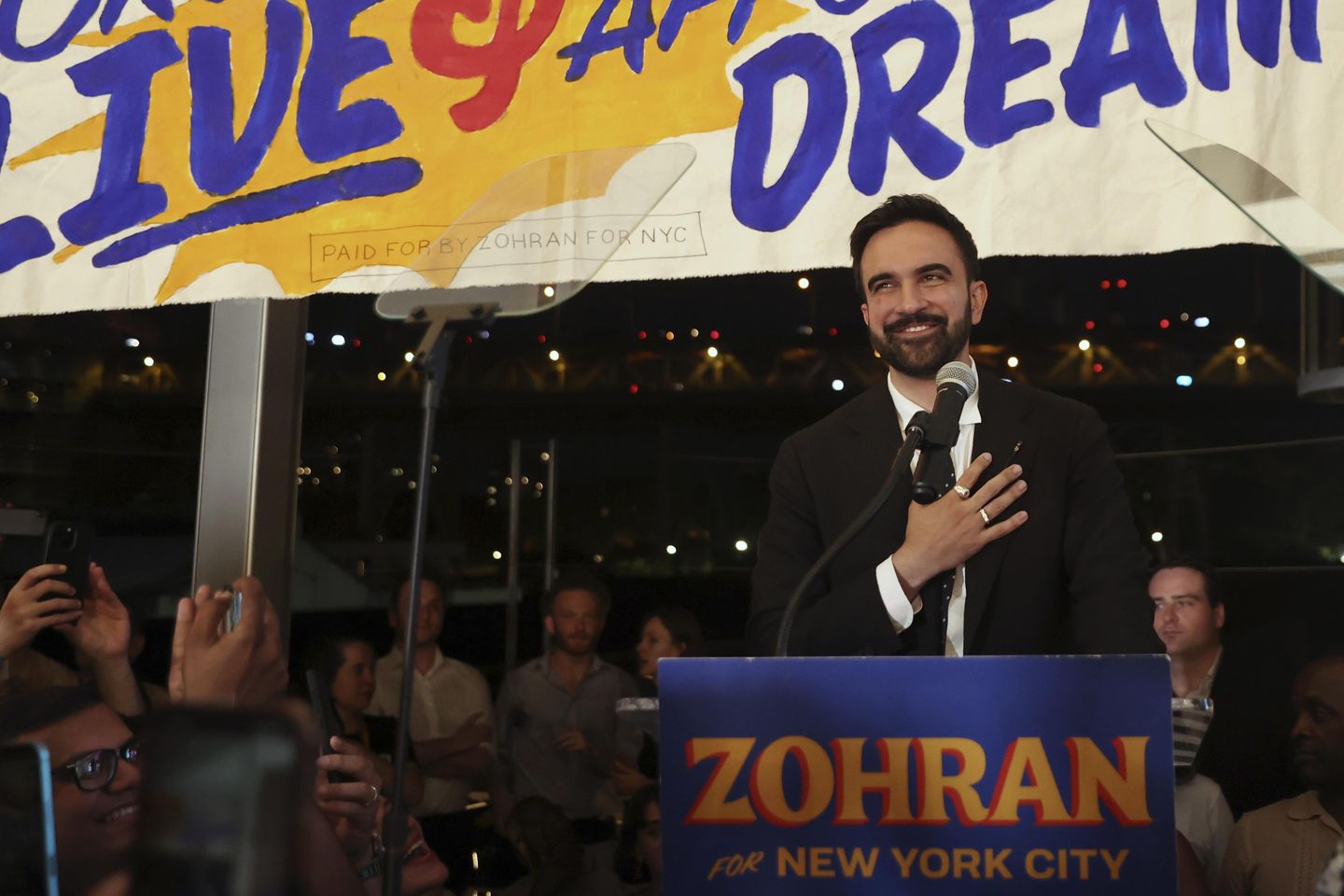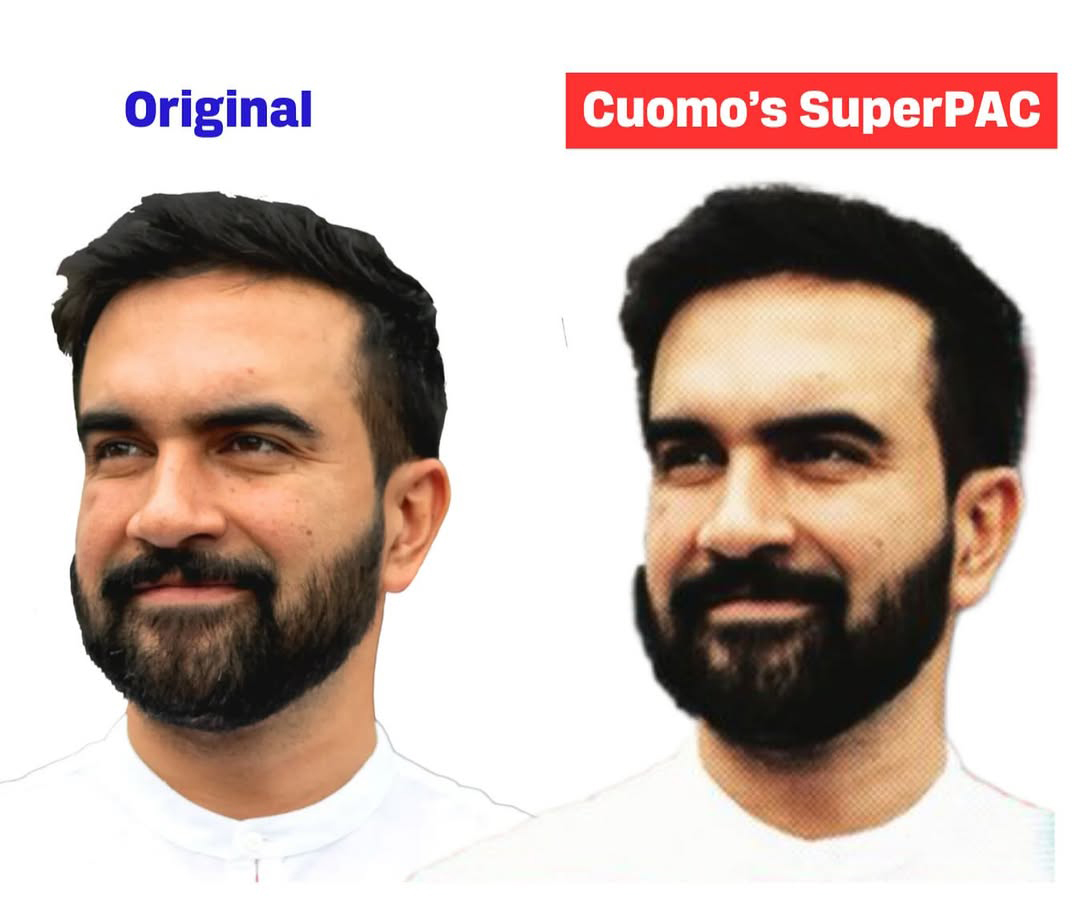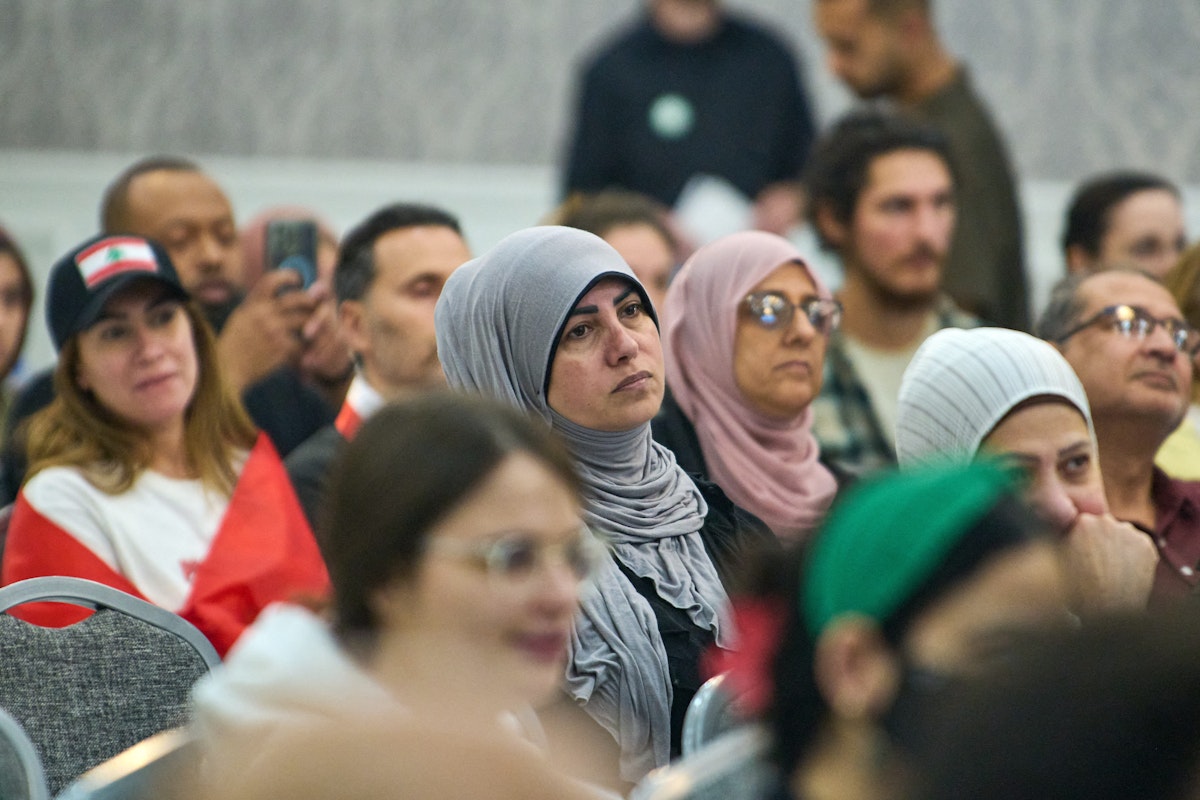Washington, DC – A large proportion of non-Muslim Americans think Islam is incompatible with American values, research by the New America foundation and the American Muslim Institution found.
According to the findings announced on Thursday, 56 percent of Americans believed Islam was compatible with American values and 42 percent said it was not. About 60 percent believed US Muslims were as patriotic as others, while 38 percent they were not.
The study said that although a big majority of Americans – 74 percent – accepted there was “a lot” of bigotry against Muslims existed, 56 percent said they were concerned about “extremism” spreading within the Muslim community.
|
|
|
Ex-FBI agent caught teaching police Islamophobic ideas
|
You may be interested
Researchers found that Republicans were more likely to hold negative perceptions of Muslims and Islam, with 71 percent saying Islam was incompatible with American values. About 56 percent of Republicans also admitted they would be concerned if a mosque was built in their neighbourhood.
A slight majority of Republicans disagreed with the statement that having more than 100 Muslim candidates in the midterm elections was a positive thing.
Robert McKenzie, a senior fellow at the New America foundation and one of the authors of the study, said there were a number of factors that contributed the shaping of anti-Muslim sentiment, and that they were not limited to the political right.
“Hillary Clinton, when talking about violent extremism talked about Muslims being on the frontlines, what does that say about Muslim communities?” He said, adding: “I know she didn’t mean that in a derogatory way but if Muslims are at the frontlines, what does that suggest is happening at the local level in the US?”
The survey also found that just below half of Americans actually knew a Muslim. McKenzie cautioned, however, against correlating knowing a Muslim personally with a more positive perspective on Muslims.
Rising hatred
Rabiah Ahmed, an American Muslim media relations specialist, told Al Jazeera rising Islamophobia had consequences beyond the Muslim community.
“I think Islamophobia is not just a Muslim problem but an American problem, so it needs to be addressed by all sectors of society,” she said.
Ahmed argued that Muslims could not afford to not engage with other communities, and had a duty to “plug information gaps” to dispel negative ideas about the community.
However, she also said politicians, segments of the media, and religious leaders from other communities had played a role in stoking anti-Muslim bigotry.
|
|
|
Islam in America – Rewind
|
“Fears of Muslims comes from the acts of extremists (and) it comes from the Islamophobia industry, a very well connected, very well funded industry, which makes it their mission to try to marginalise and disenfranchise American Muslims.
“Just as Muslims have a responsibility to lean in, other faith based communities also need to lean in. So when they see their priest preaching divisive rhetoric about Islam, they need to stop that.”
The New America foundation report comes amid a notable rise in anti-Muslim rhetoric in US political discourse and within the media.
Last month, a report by Muslim Advocates found 80 instances of “clear anti-Muslim rhetoric” by candidates running for political office.
That included unfounded claims that Muslims were plotting to establish Islamic law in the US.
You have people who are currently in the administration, who are closely connected to the established anti-Muslim hate groups
ZAINAB ARAIN, CAIR
US President Donald Trump also used anti-Islam rhetoric in his election campaign, and has introduced executive orders targeting Muslims, such as his infamous ban on Muslimsfrom several predominantly Muslim countries entering the US.
Zainab Arain from the Council on American-Islamic Relations (CAIR) said people with anti-Muslim views were found at the very highest levels of government.
“There are people who were formerly part of the Trump administration, who are well known anti-Muslim bigots,” she said, adding: “You have people who are currently in the administration, who are closely connected to the established anti-Muslim hate groups.”
Rising anti-Muslim bigotry also comes amid a rise in hatred targeting other religious and ethnic minorities.
Within the last week, there has been a spate of far-right violence in the US, with a foiled pipe bomb campaign targeting anti-Trump politicians and media outlets, a racially motivated shooting of two African-Americans in Kentucky, and the mass killing of 11 Jewish worshippers at a synagogue in Pittsburgh.
Walter Ruby of the Greater Washington Muslim-Jewish Forum said that while anti-Muslim bigotry and anti-Semitism were unique in their characteristics and causes, there were some shared reasons for their recent rise.
“Many people who hate Muslims, hate Jews as well,” he said, adding: “I absolutely think the rhetoric that’s come from President Trump and others has contributed.”
“I don’t want to entirely blame Trump but this movement of hate has coalesced around him, which he certainly helped orchestrate.
“It’s become a very dangerous situation.”
Head to Head – Anti-Semitism and Islamophobia: Old fears, new threats?





